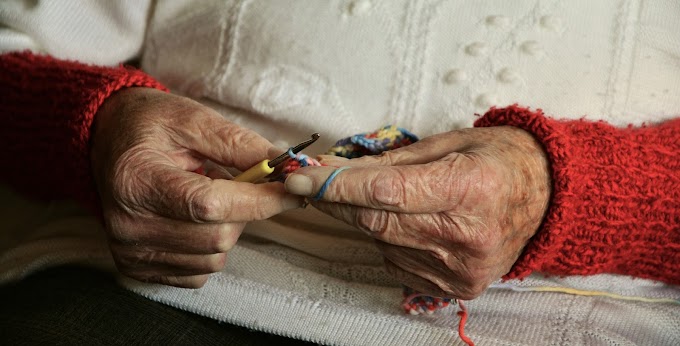The DHEA sulfate test measures the levels of dehydroepiandrosterone sulfate (DHEA-S) in the blood. DHEA-S is a hormone produced by the adrenal glands, which are small glands located on top of the kidneys.
DHEA-S is a precursor to other hormones, including testosterone and estrogen.
The DHEA sulfate test is primarily used to assess adrenal gland function and evaluate conditions related to hormone imbalances. Here are some key points about the test:
Adrenal Function:
The test helps determine how well the adrenal glands are functioning, as DHEA-S is a major hormone produced by these glands. Abnormal levels of DHEA-S can indicate adrenal gland disorders, such as adrenal insufficiency or adrenal tumors.
Hormonal Imbalances:
DHEA-S levels can be associated with hormonal imbalances. In women, high levels of DHEA-S can indicate conditions like polycystic ovary syndrome (PCOS) or adrenal gland tumors. In men, elevated DHEA-S levels may be linked to conditions such as adrenal tumors or congenital adrenal hyperplasia.
Evaluation of Androgen Excess:
DHEA-S is a precursor to androgens, including testosterone. Measuring DHEA-S levels can provide insight into excessive androgen production, which may be associated with conditions like hirsutism (excessive hair growth), acne, or virilization (masculinization) in women.
Monitoring Treatment:
The DHEA sulfate test can be used to monitor the effectiveness of hormone replacement therapy or other treatments for adrenal gland disorders or hormonal imbalances. Periodic testing allows healthcare providers to adjust medication dosages and assess treatment response.
The DHEA sulfate test involves a simple blood draw, usually from a vein in the arm. It is important to follow any preparation instructions provided by your healthcare provider, as certain factors (such as medication use or time of day) can affect DHEA-S levels.
As with any medical test, the results of the DHEA sulfate test should be interpreted in conjunction with other clinical information. It is recommended to consult with a healthcare professional who can provide a comprehensive evaluation and interpretation of the test results in the context of your specific health situation.
If you have a question or comment or any discussion, please call or send a message.
Our Address:
Hope Diagnostics and Research Laboratory
Unit-3, 34, behind Ram Mandir, Ekamra Vihar, Kharvela Nagar, Bhubaneswar, Odisha 751001
Call Us: 09238582444 / 7894132927









